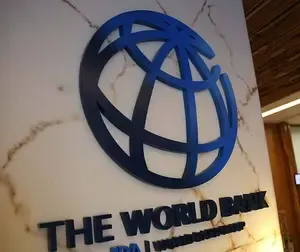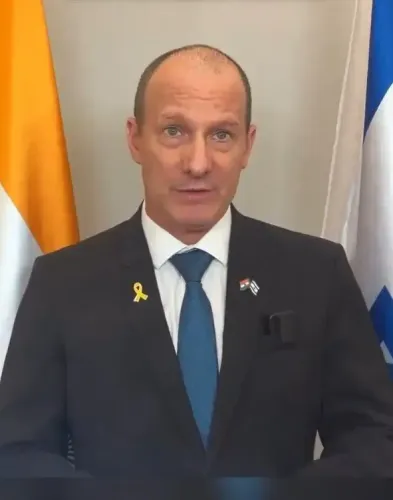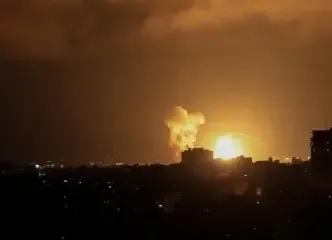World Bank Expresses Willingness to Aid in Lebanon's Reconstruction Efforts

Beirut, Dec 18 (NationPress) The World Bank has expressed its readiness to participate in the reconstruction of Lebanon following the resolution of the Hezbollah-Israeli conflict, according to a senior official from the World Bank.
Jean-Christophe Carret, the World Bank's country director for the Middle East Department, conveyed the bank's commitment to working alongside the Lebanese government on the nation’s recovery, as reported by Xinhua news agency and quoted by Lebanon's National News Agency.
Carret made these statements during a meeting with Lebanese Parliament Speaker Nabih Berri, where they deliberated on reconstruction initiatives and strategies, such as debris removal, infrastructure restoration, and the revitalization of industrial and agricultural sectors.
Berri commended the World Bank's willingness and readiness to assist Lebanon in rebuilding and addressing the repercussions of the Israeli aggression.
He also sought clarification on the specifics of the plan being devised by the World Bank, emphasizing that this plan should incorporate land reclamation and provide loans to farmers, industrialists, and small business proprietors to facilitate their recovery within a time frame not exceeding the end of this year.
As per the World Bank, the physical damage and economic losses incurred from the Hezbollah-Israel conflict in Lebanon are estimated at $8.5 billion.
Lebanon's real GDP growth is projected to decline by an estimated 6.6 percent in 2024 due to the conflict, resulting in a cumulative decrease in real GDP of over 38 percent since 2019 by year-end, according to the latest World Bank Lebanon Economic Monitor (LEM) released on December 10.
This deepening contraction highlights the catastrophic effects of mass displacement, destruction, and decreased private consumption.
It further aggravates lingering macroeconomic issues and underscores the pressing need for comprehensive reforms and targeted investments in critical sectors as the only feasible route forward after the conflict.









